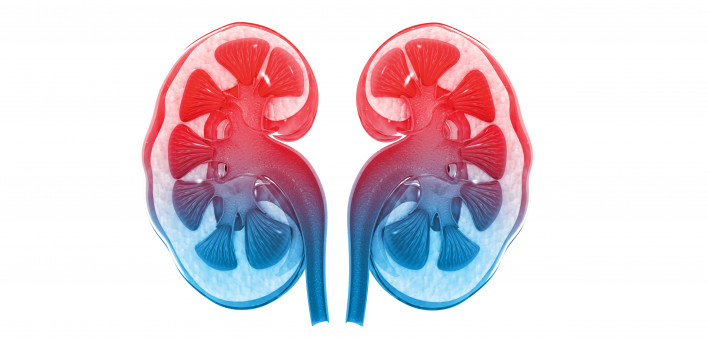People with HIV and end-stage kidney disease can safely receive a kidney transplant from an HIV-positive deceased donor.
This finding from a study conducted by the HOPE in Action team indicates that the kidney donor pool for people with HIV who are awaiting a new organ can be expanded. This is particularly welcome news because as the HIV population ages, kidney disease among them will only rise.
In 2013, Congress passed the HIV Organ Policy Equity (HOPE) Act, which permits organ transplants between people with HIV in approved research studies.
Christine M. Durand, MD, an associate professor of medicine, and Dorry Segev, MD, a professor of surgery at Johns Hopkins University in Baltimore, led the new study, which was published in the American Journal of Transplantation.
Between March 2016 and July 2019, the study enrolled 75 adults with end-stage kidney disease and HIV who had a fully suppressed virus thanks to antiretroviral treatment. Twenty-five of them received kidney transplants from HIV-positive deceased donors, and 50 received such transplants from deceased donors without HIV.
All the participants survived. The study included a median of 1.4 years of follow-up among those who received the HIV-positive kidneys and 1.8 years among those who received the HIV-negative kidneys.
One year after receiving their new kidney, just 9% of those who received the HIV-positive kidneys and 8% of those who received the HIV-negative kidneys experienced rejection of the organ. There were no differences between the two groups of infections requiring hospitalization, serious adverse health events or HIV-related complications (which were rare).
To read a press release about the study, click here.
To read the study abstract, click here.







Comments
Comments